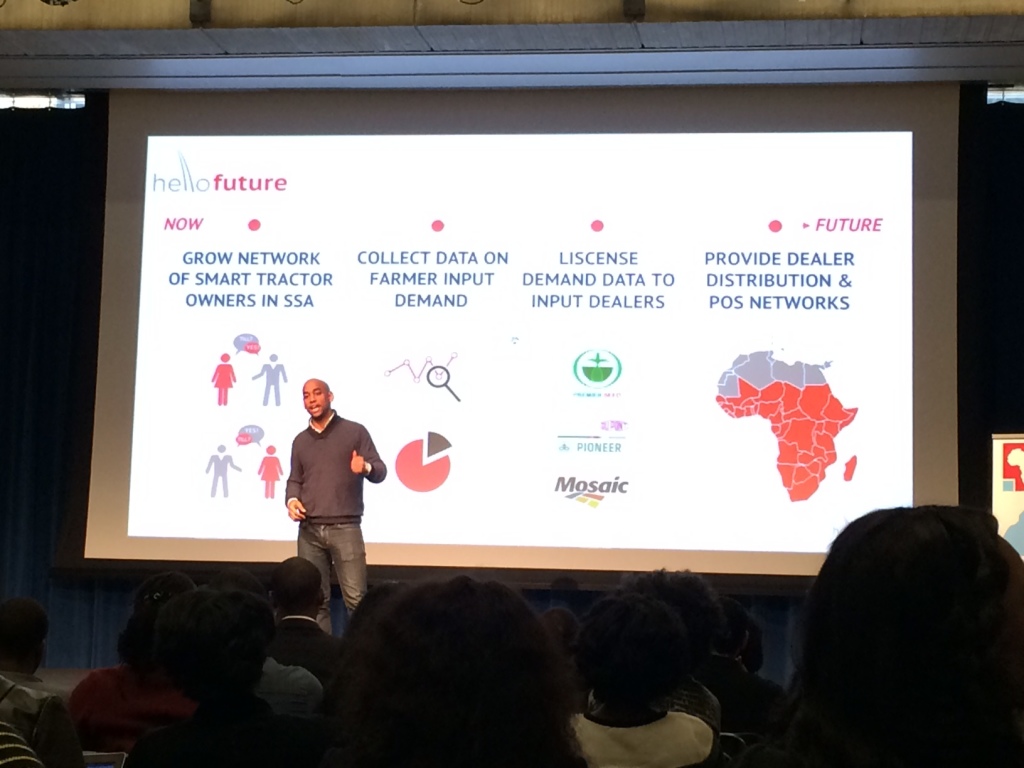Start-Ups Seek to Support Local Communities in Africa
Promising entrepreneurs from Nigeria, Ghana and Morocco gathered in the Preston Auditorium at the World Bank today hoping to receive money and support to aid communities back home.
The aim of each and every one of these start-ups is to create a sustainable economy and in some cases life itself. While these businesses already exist, they all have in common the need for more capital to either get their businesses off the ground or help them to continue growing.
Each presenter faced the investors for this inaugural event to state why they should receive money.
Adepeju Jaiyeoba, CEO of Mothers Delivery Kit, argued that she needed $150,000 in order to pay more doctors and support marketing services to reach the communities that desperately need medical care.
Jaiyeoba said “for the 70% of Nigerians who live in rural communities, the health care system is broken.”
Jaiyeoba said that her organization has helped more than 9,000 women and babies in the last year alone. In addition to the partnership with doctors, her organization also sells medical kits to pregnant women to provide what the local healthcare system can’t.
Jehiel Oliver from Hello Tractor asked for $350,000 to transport his team to Nigeria to sell tractors to small farming communities. At present, Hello Tractor manufactures their equipment in China until they can begin manufacturing in Nigeria. Hello Tractor already performs field demonstrations to train farmers on the equipment.

Oliver said “we want to build up a network of tractor owners through Sub-Sahara Africa.”
Coretta A. Owusu, the founder of aSuiteStay, asked for $250,000 in order to support an office start-up for her travel booking business in South Africa. aSuiteStay is looking to compete with already established travel sites.
Even though each presenter’s venture supported noble humanitarian initiatives, the presenters were nonetheless challenged on the plausibility of their business plans.
Owusu was challenged when she claimed that her business plan would yield a 992% projected revenue growth in the first five years. In many cases, the presenters were given constructive criticism in order to help them strengthen their cases.
It was incumbent on each presenter to show why they deserved money to compete with companies that were already established and why a potential investor would need a quantitative reason to engage the services of a start-up.
Almost every business plan included an element of mobile technology as integral to their provided service.
Hello Tractor’s pitch highlighted the use of analytics and web technology in the field.
Oliver said that Hello Tractor wanted to develop a solution that connected the business to the farmer, with sets of information relevant to the farmer, and analytics relevant to the business.
